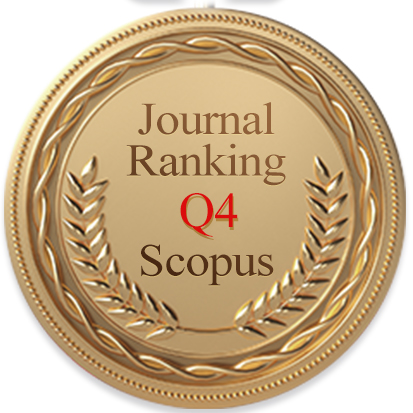The sustainability of organic rice farming has become a significant focus in agricultural development, as it addresses the interconnected challenges of economic viability, environmental preservation, and social equity. This study evaluates the sustainability of organic rice farming across five districts in Central Java and Yogyakarta, Indonesia, through a comprehensive assessment of economic, ecological, and social dimensions. A proportional stratified random sampling approach was employed, involving 150 farmer respondents, with 30 farmers selected from each district. Descriptive analysis revealed an average sustainability score of 2.94, indicating a moderate level of sustainability. In addition, the Rapid Appraisal for Sustainability (RAPS) tool yielded an average index score of 68.56, categorising the farming systems as "fairly sustainable." The model was further validated through a normalization test, which demonstrated strong consistency across the three sustainability dimensions, with a Standardized Residual Sum of Square (STRESS) value of 0.14 and an R-Squared (RSQ) value of 0.95, suggesting that the data were robust and the model reliable. Sensitivity analysis identified seven critical factors influencing sustainability: agricultural product prices, financial management, poverty alleviation, crop rotation, the involvement of women and young farmers, and preservation of tradition. The results of validation and stability tests indicated that the sustainability model was both stable and reliable across all three dimensions, with an overall sustainability score of 1. These findings underscore the importance of promoting sustainable agricultural practices in organic rice farming and highlight the need for enhanced government involvement in raising awareness, providing training, and fostering educational initiatives to support the economic, ecological, and social dimensions of sustainability in the region.

















